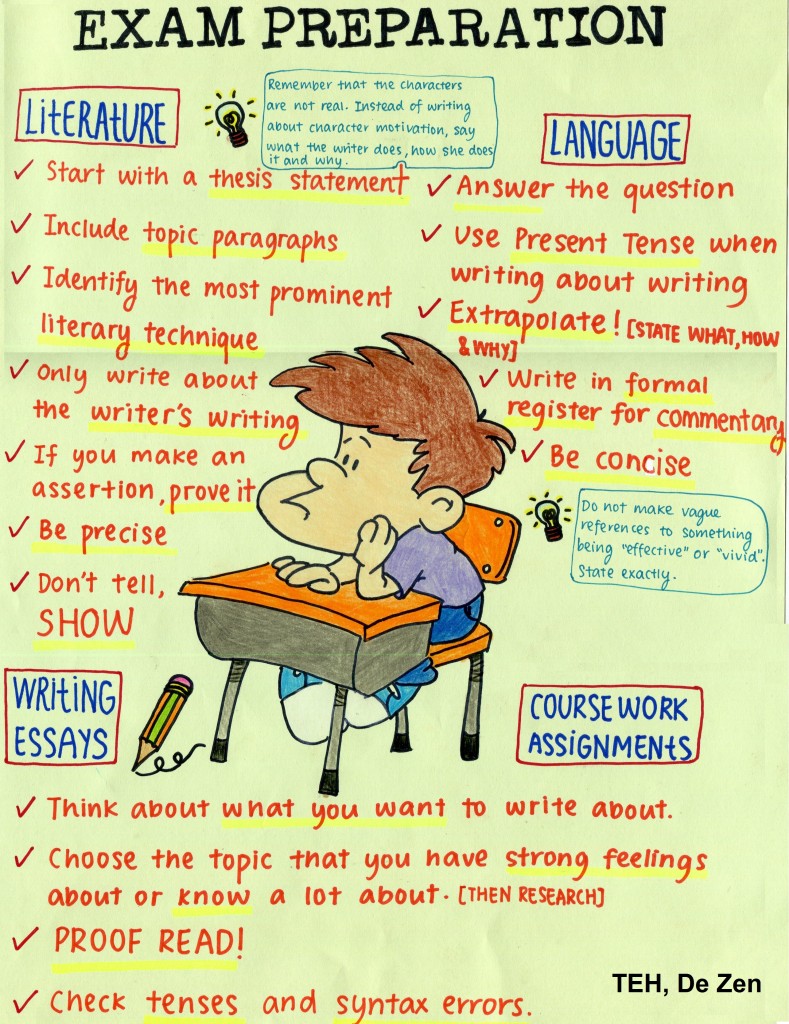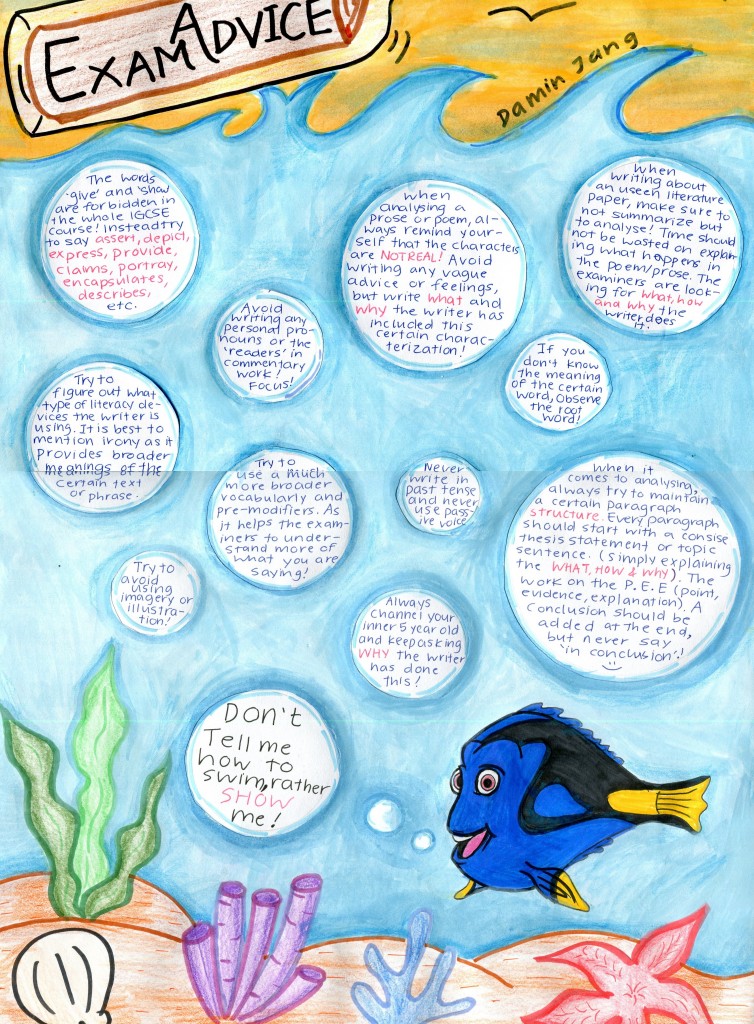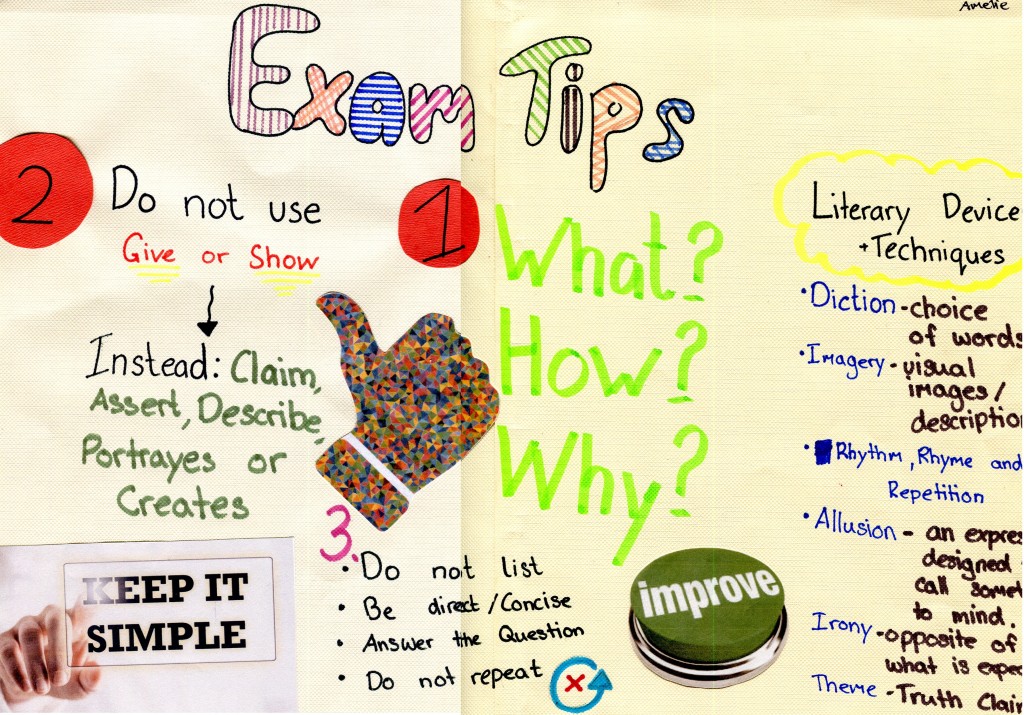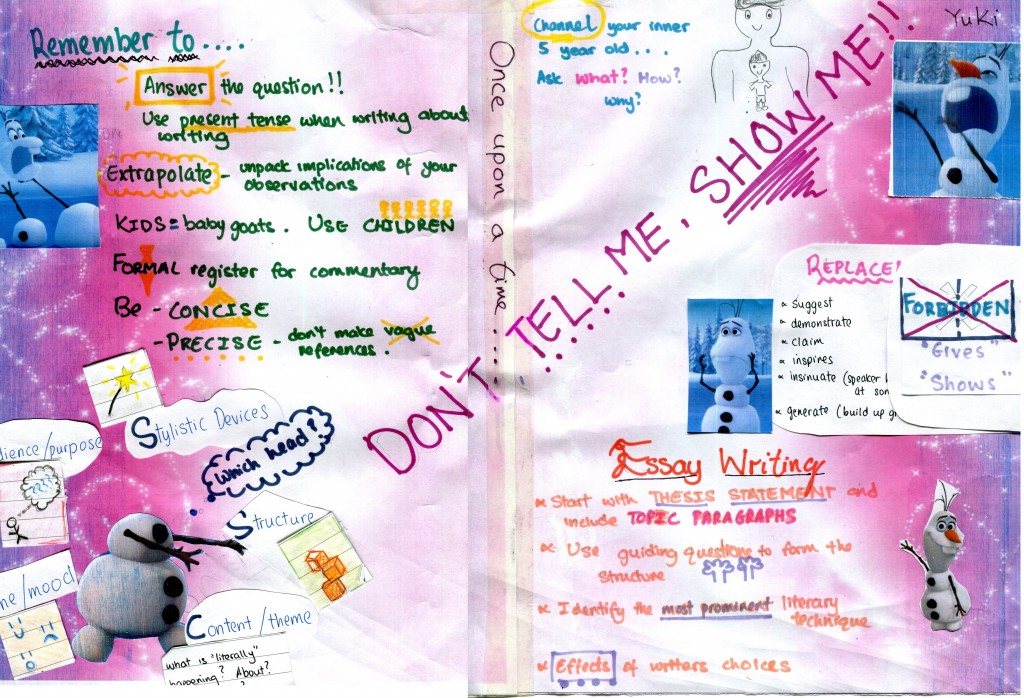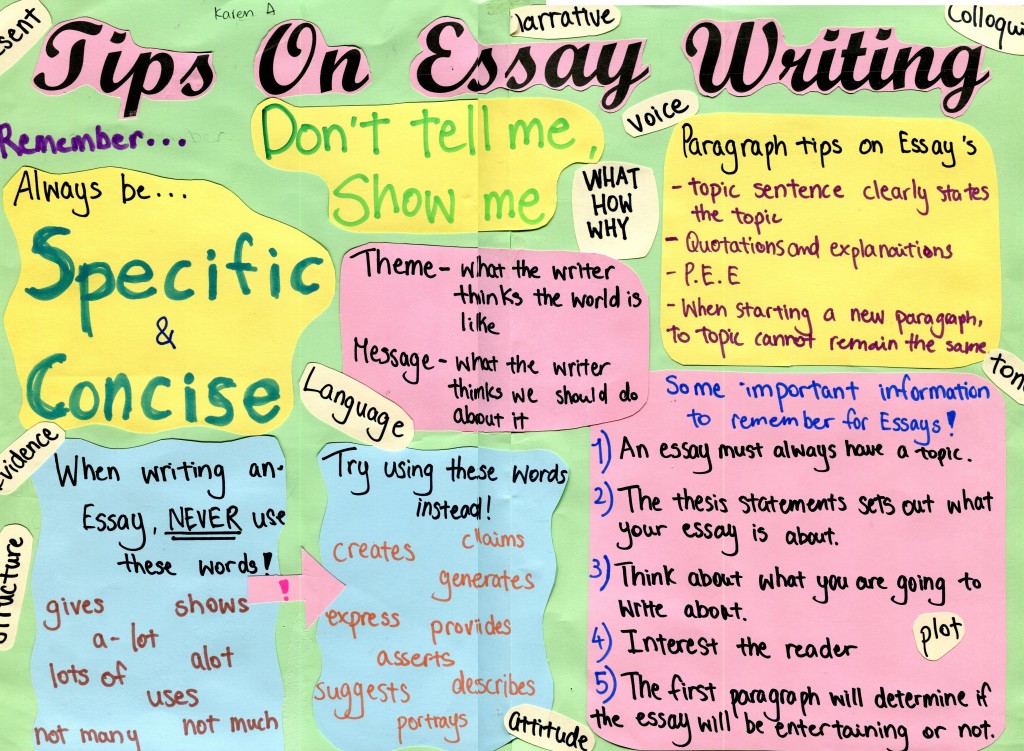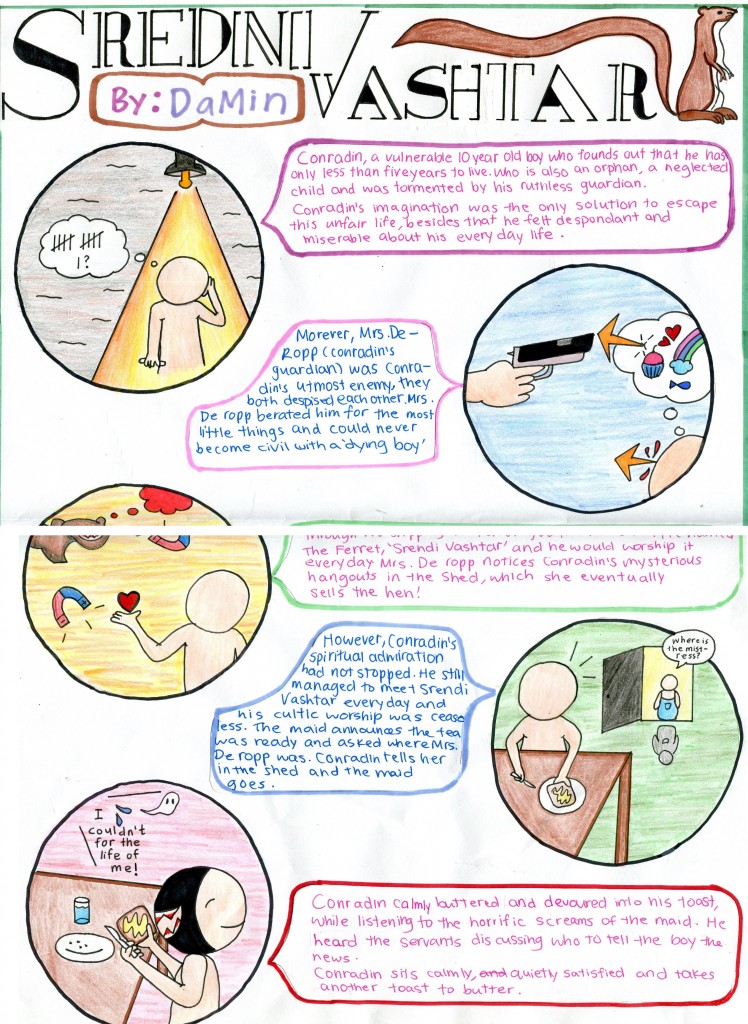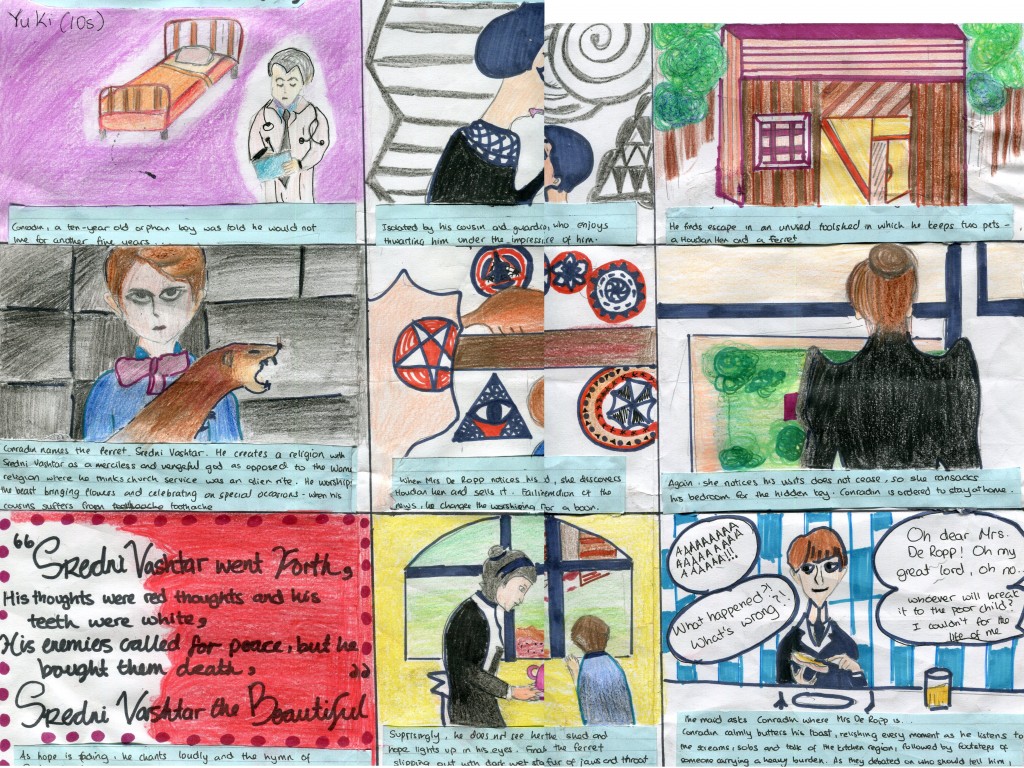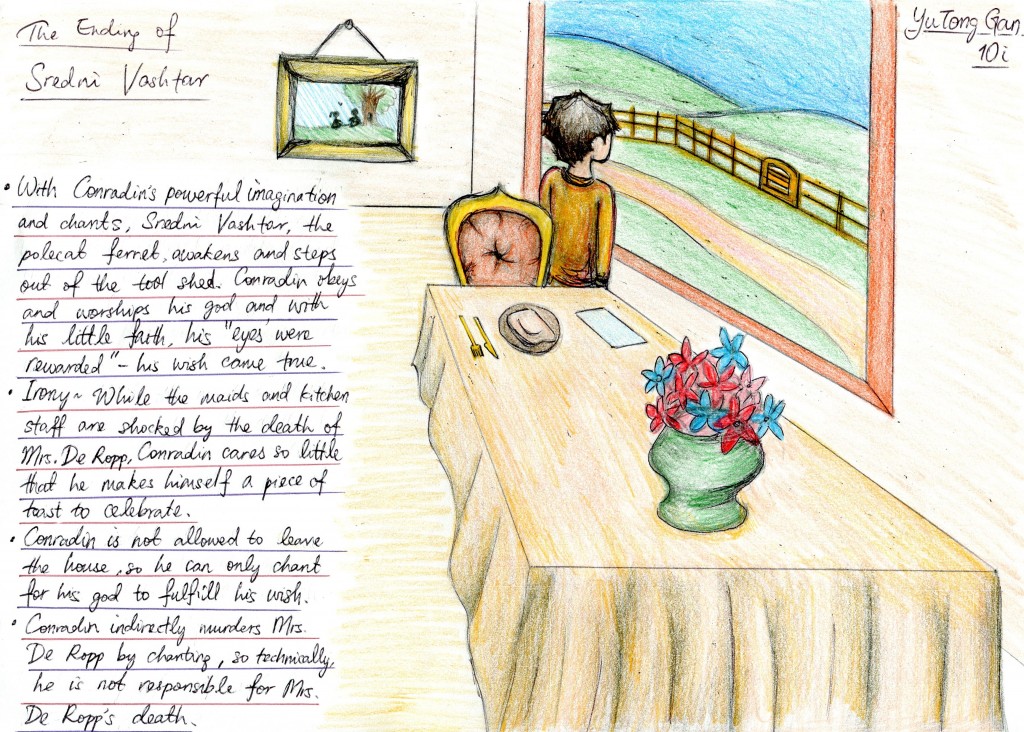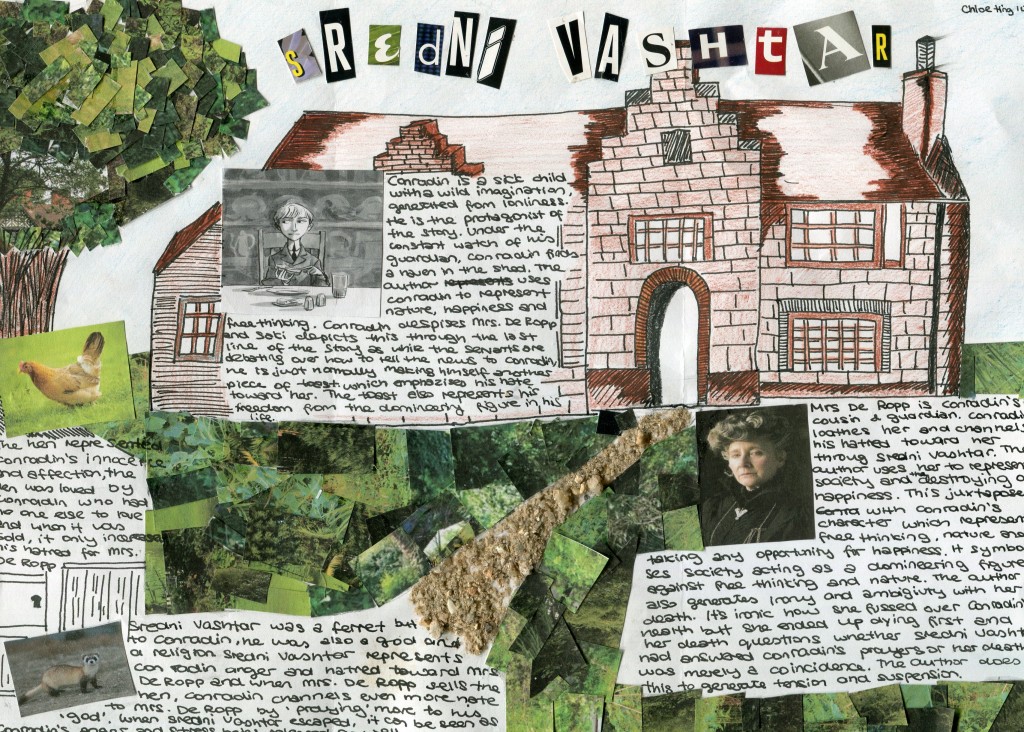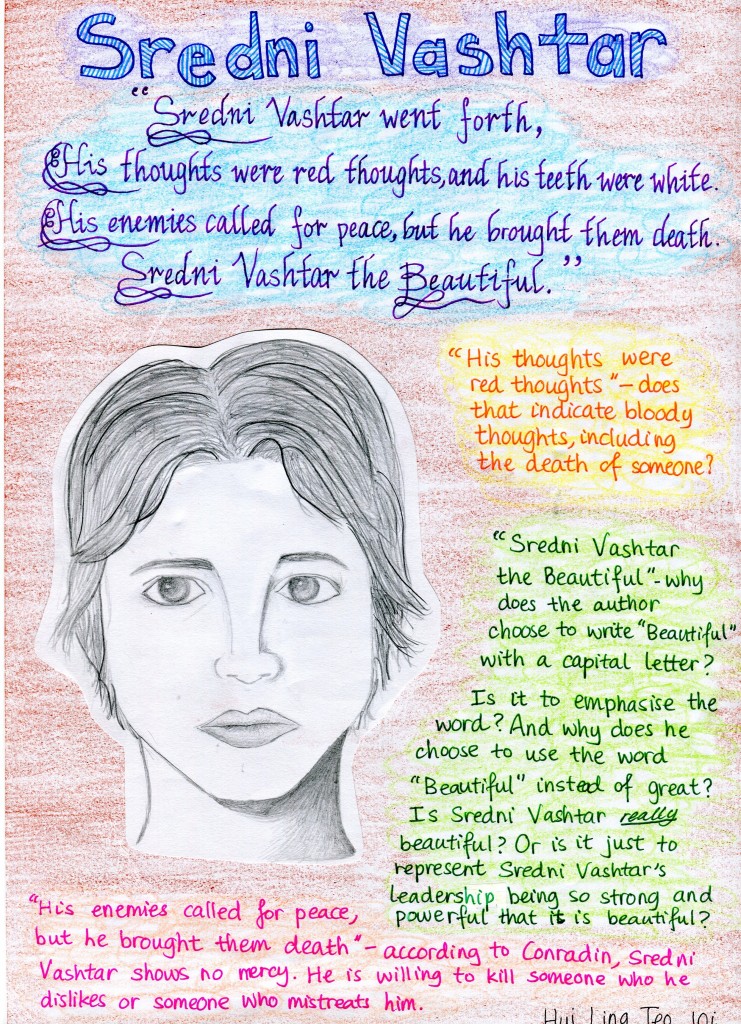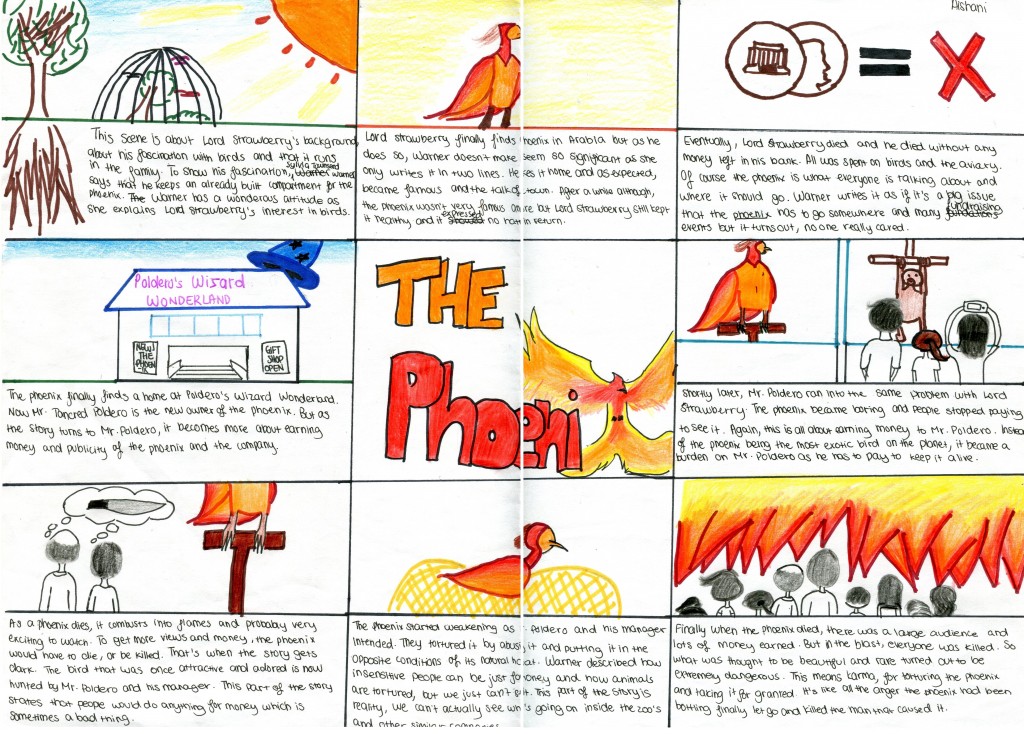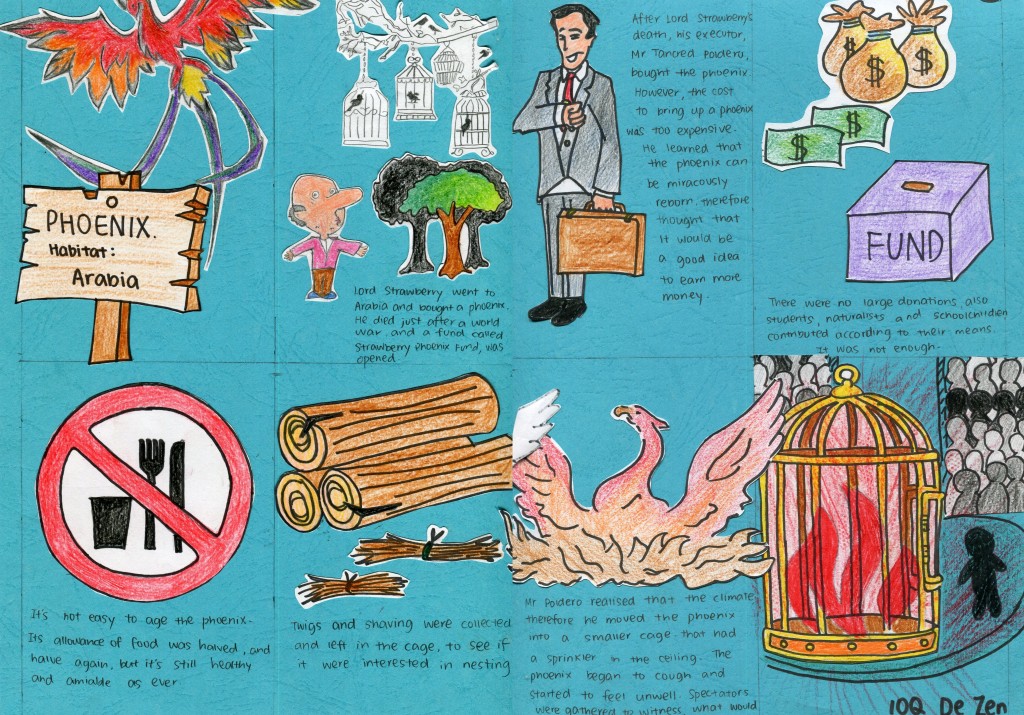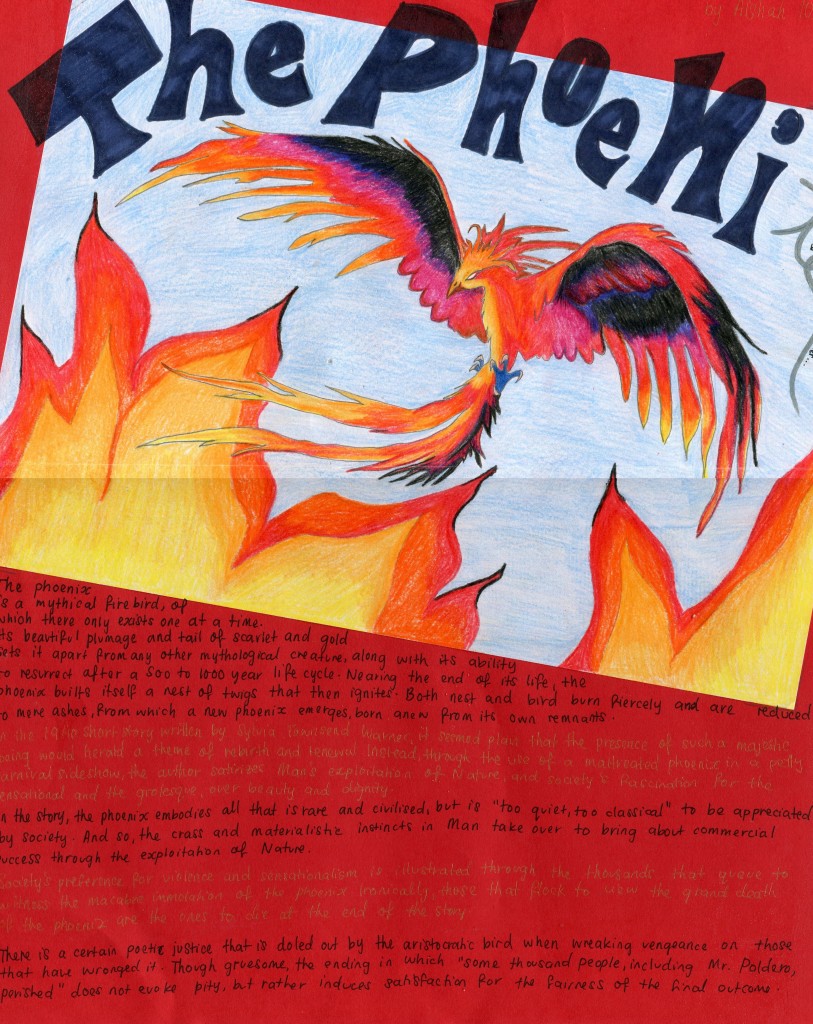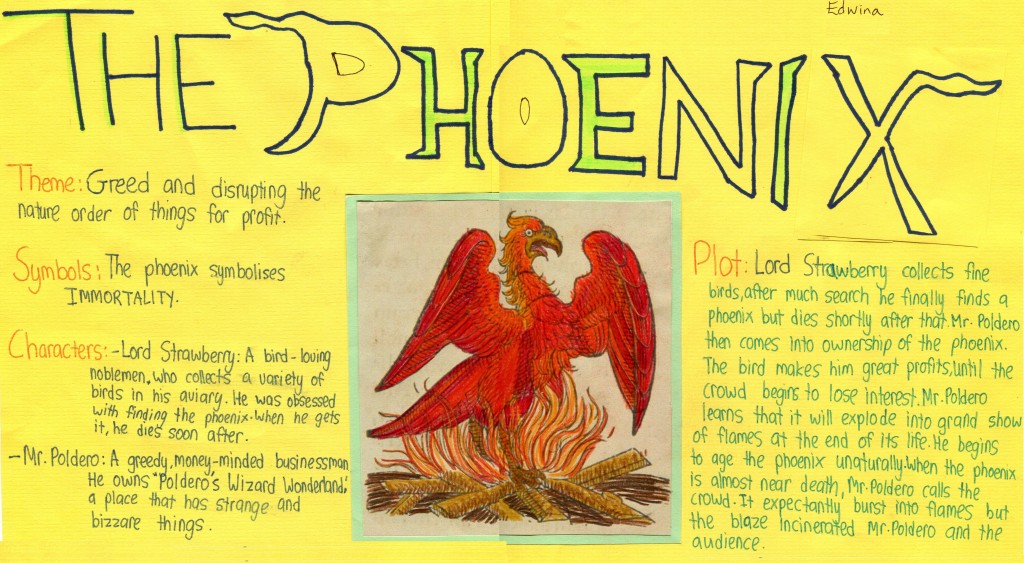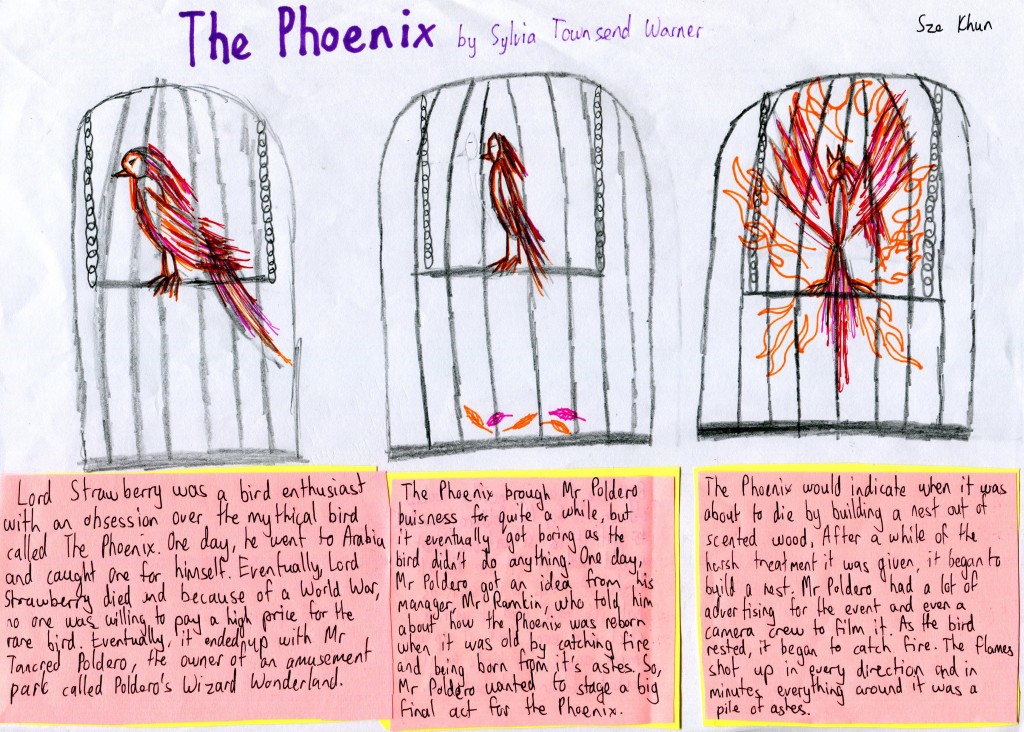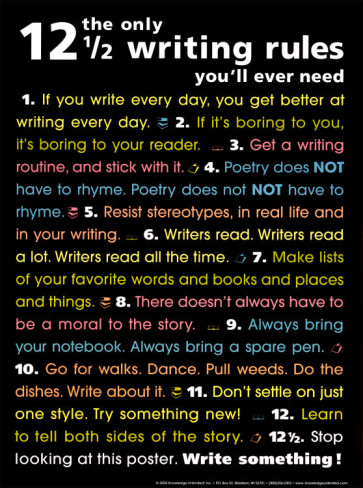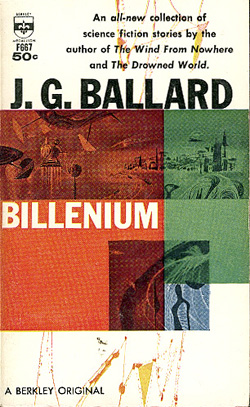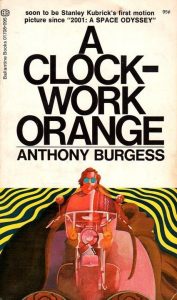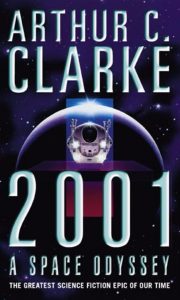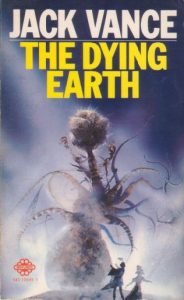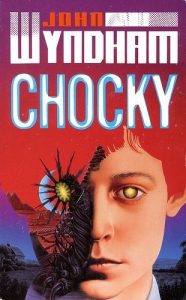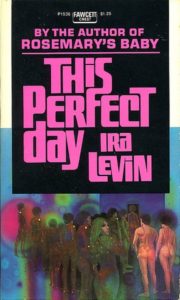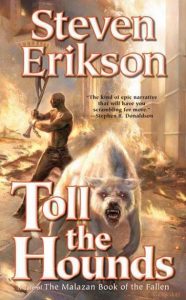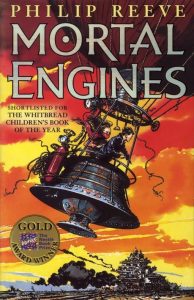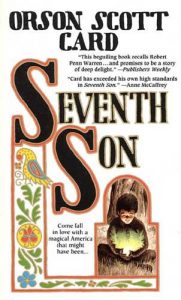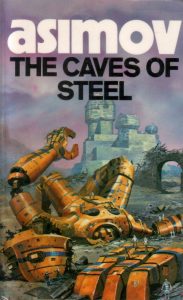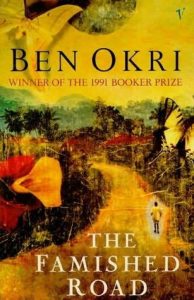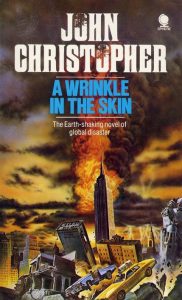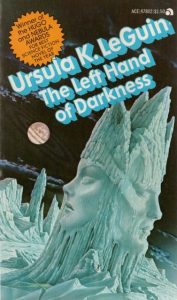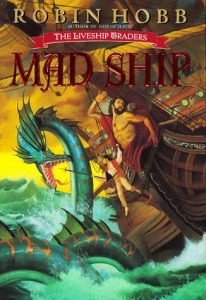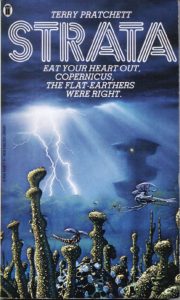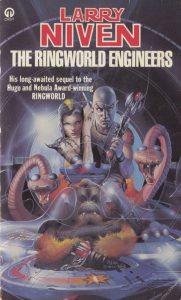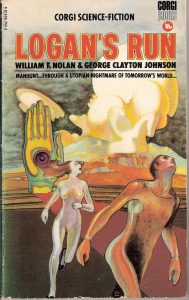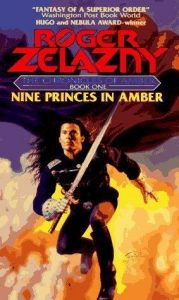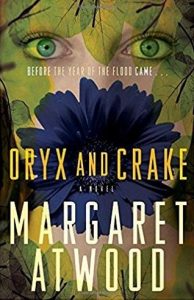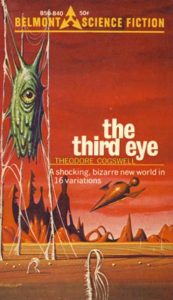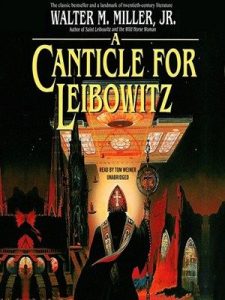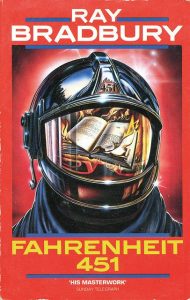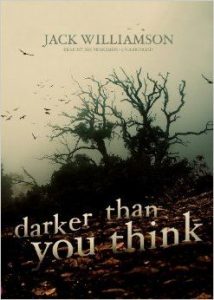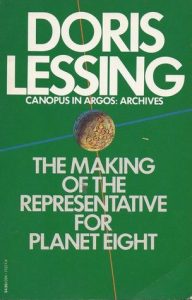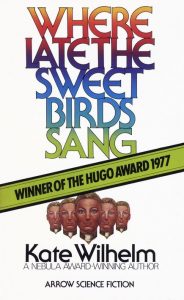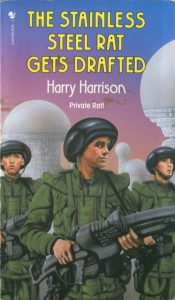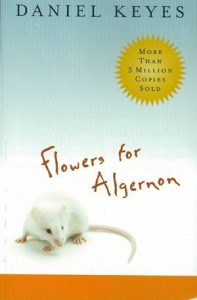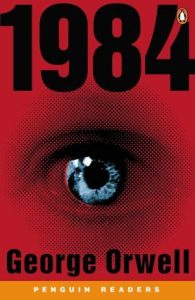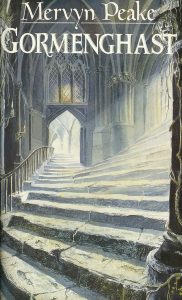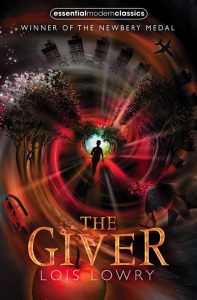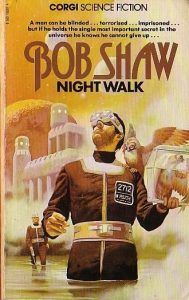
The poet Ezra Pound, an innovator of Imagism, stated that there were three rules to composing Imagist poetry:
* Direct treatment of the subject.
* Conciseness of expression
* Composed in the rhythm of the musical phrase, not in the rhythm of the metronome (creating new rhythms instead of tired worn-out ones).
Here are a few Imagist poems from Year 10:
He remembered the past,
like it was a slap in the face,
a reminder of when he had been a disgrace.
Alinkar
She felt happy like a raisin, crinkling her face to form a smile.
Depression settled in like a paper cut, thinking it is nothing until the small bead of blood transforms to a stream.
He remembered the past like an old man’s hair, no longer existing.
Hui Ling
The factory was quiet,
as the theatre past midnight,
empty but once filled with energy.
The birds flew across the sky,
like streaks of gold and silver,
flying off into the brightening horizon.
Sze Khun
The bird flew across the sky like my thoughts soaring across my mind as I daydream all day.
She felt happy like a singing lark then she got shot by a hunter.
Ernest T
The old woman considered death as simply an old friend, who took her hand, smiling, and walked her into the darkness
She felt happy, her joy a hibernating creature, stirring fitfully from its slumber
Depression settled like a stream of maple syrup over a stack of pancakes that I had no appetite for
Aishah
The bird flew across the sky like a teleporter
Reaching destinations by the fastest route in a fraction of a second
The sun came up like unreciprocated love
Blinding you before you realize it hurts
The factory was quiet like a museum
Haunted and empty, without its exhibits
Yu Tong
Depression settled like a stone on a grave slowly cracking it’s humanity away.
She felt happy like a seed of joy had been planted in her heart. blooming with lush petals of ecstasy.
Jia Wen
Depression settled,
Like a dense heavy blanket,
Draping itself around my shoulders
Dragging me down with it
The factory was quiet
As if the atmosphere was on mute
And God had forgotten to turn up the volume.
Yin Jun (Chloe)



